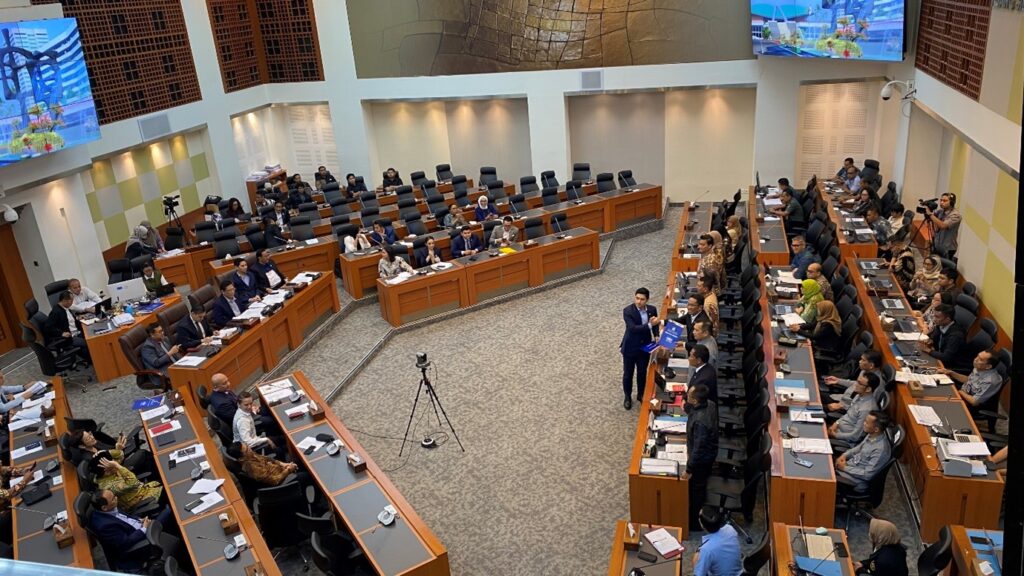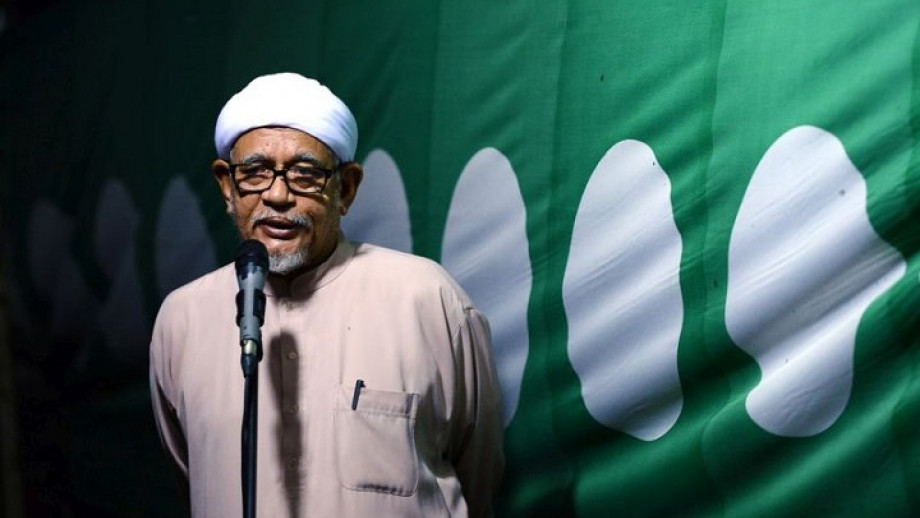Absurd AI-generated internet trends are impacting youth, deteriorating cognitive functions and creating complex legal challenges online.
Past governments in Malaysia had issued Islamic initiatives as the Inculcation of Noble Values, Islam Hadhari, Indeks Syariah Malaysia, Rahmatan-lil-‘Alamin, Manhaj Rabbani and Inisiatif Mantap, all of which sizzled out following the fall of their respective political advocates. What may be the next Islamic initiative by the new government after the 15th General Election (GE15)?
















